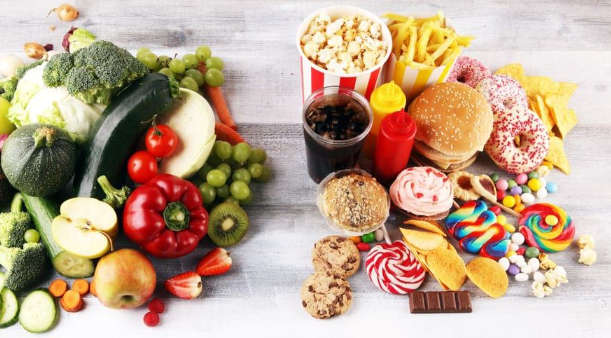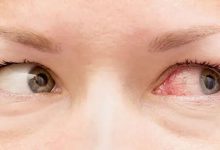Foods that cause restless leg syndrome + video
Foods that cause restless leg syndrome : Restless Leg Syndrome (RLS) is a neurological condition characterized by an uncontrollable urge to move the legs, especially when at rest. People suffering from RLS often describe the sensation as “crawling,” “itching,” “burning,” or “tingling” in the legs. The cause of RLS is not entirely understood, and while it is often associated with other medical conditions or medications, some researchers believe that diet can play a significant role in triggering or exacerbating symptoms. In this essay, we’ll delve into the various foods and dietary components that have been linked to RLS and the science behind these connections.
Natural Treatments for Restless Leg Syndrome
Foods that cause restless leg syndrome
Caffeine: One of the most commonly recognized triggers for RLS is caffeine. Found in coffee, tea, cola, and some over-the-counter medications, caffeine is a central nervous system stimulant. Consuming caffeine can lead to increased alertness, but it can also stimulate the legs, making them more restless. It’s believed that caffeine affects dopamine levels in the brain, a neurotransmitter involved in RLS. Cutting back or eliminating caffeine can often reduce symptoms for many RLS sufferers.

Sugar and Refined Carbohydrates: There’s increasing evidence that a diet high in sugar and refined carbohydrates can be linked to RLS. Sugary foods can cause blood sugar to spike and then crash, leading to hormonal fluctuations that can trigger RLS symptoms. Additionally, high sugar intake can lead to inflammation, which is believed to exacerbate RLS symptoms in some individuals.
Alcohol: While some individuals find that a moderate amount of alcohol can help them relax and sleep better, others find it to be a significant trigger for their RLS symptoms. Alcohol can affect the central nervous system and influence dopamine levels, potentially contributing to RLS symptoms.
Dairy Products: For some RLS sufferers, dairy products can exacerbate symptoms. It’s not entirely clear why this is the case, but some theories suggest that certain individuals may have sensitivities to compounds found in dairy, leading to inflammation or other reactions that can trigger RLS.
Certain Medications and Food Additives: Many over-the-counter and prescription medications can exacerbate RLS symptoms, including some antihistamines, antidepressants, and anti-nausea drugs. Additionally, some food additives, like monosodium glutamate (MSG), have been reported to worsen RLS symptoms in sensitive individuals.
Iron and Folate: A deficiency in iron or folate can be linked to RLS. Many of the foods we eat are fortified with these nutrients, but not everyone absorbs them effectively. While not a food per se, it’s worth noting that those with a deficiency may notice an improvement in symptoms after supplementing under a doctor’s guidance.
Sodium: High sodium intake has been associated with increased RLS symptoms. Salt can lead to fluid retention, potentially exacerbating symptoms in some individuals. Reducing salt intake and focusing on a diet rich in whole foods can be beneficial for those with RLS.
Histamines: Histamines are compounds found in certain foods that can trigger allergic reactions in sensitive individuals. Some believe that histamines can also be a trigger for RLS. Foods high in histamines include aged cheeses, fermented foods, wine, and certain types of fish.
Gluten: For individuals with gluten sensitivity or celiac disease, consuming gluten can lead to a host of issues, including digestive problems, fatigue, and joint pain. Some also report an increase in RLS symptoms when they consume gluten-containing foods.
Tobacco: While not a food, it’s important to mention tobacco in this context. Nicotine, the primary stimulant in tobacco, can exacerbate RLS symptoms. Smoking or consuming nicotine products can lead to increased restlessness in the legs for some individuals.
The dietary triggers for Restless Leg Syndrome are as varied as the individuals who suffer from it. What may be a significant trigger for one person might not affect another at all. It’s crucial for RLS sufferers to be mindful of their diet and observe any potential correlations between what they consume and the onset or exacerbation of symptoms.
While much more research is needed to establish definitive links between specific foods and RLS, anecdotal evidence and preliminary studies suggest that diet can play a crucial role. For those suffering from RLS, working with a healthcare provider or nutritionist can be an effective way to pinpoint and eliminate dietary triggers, potentially offering relief from this challenging condition.


